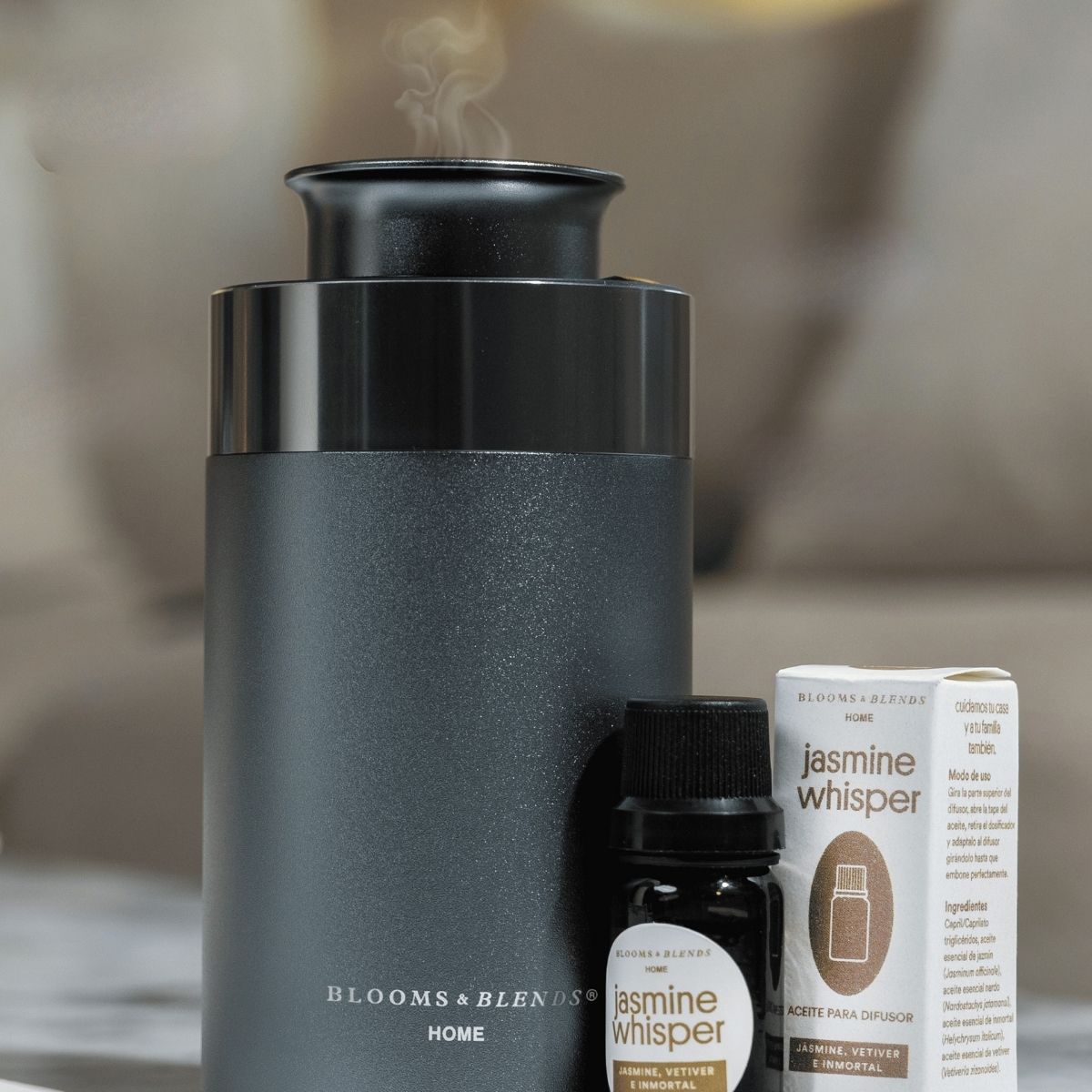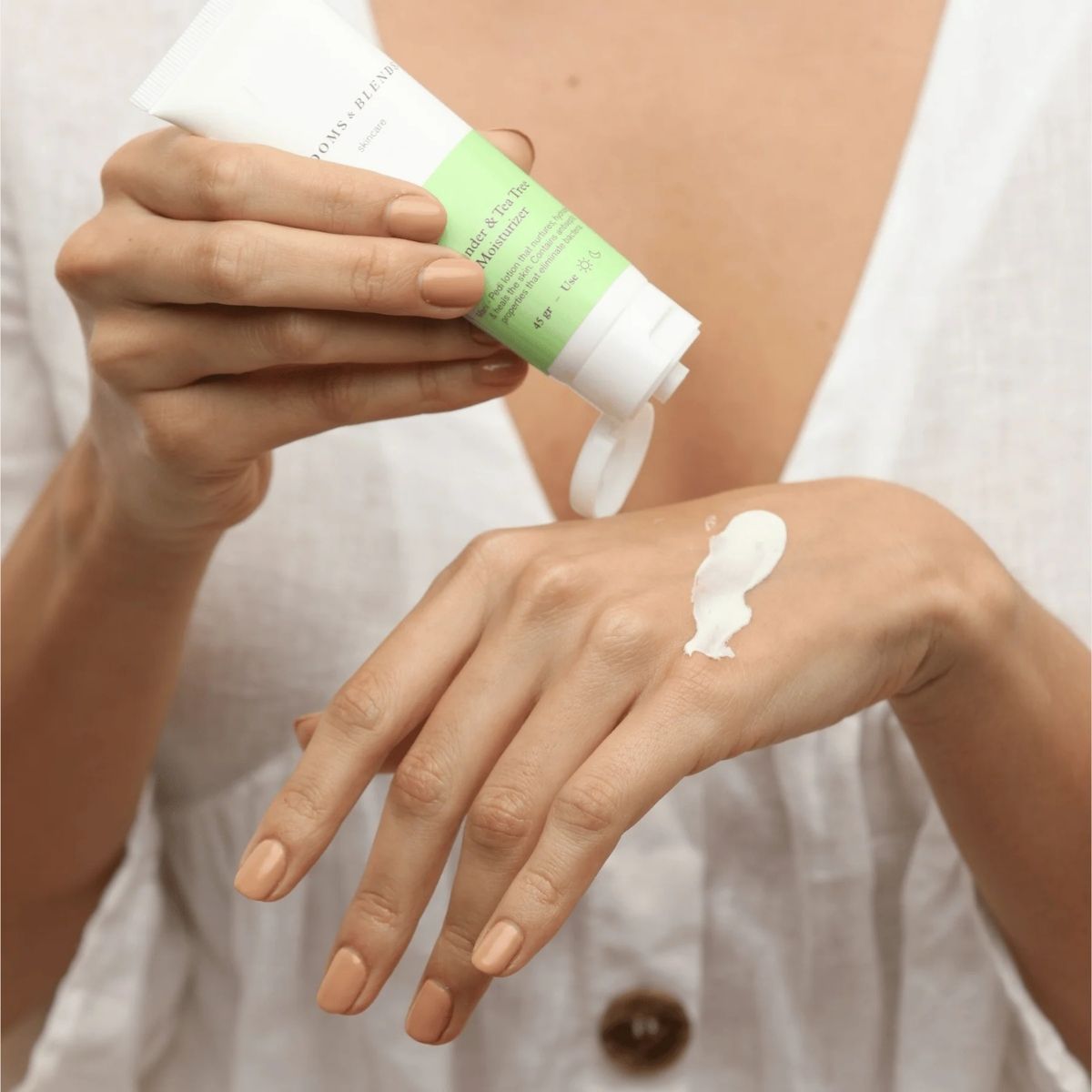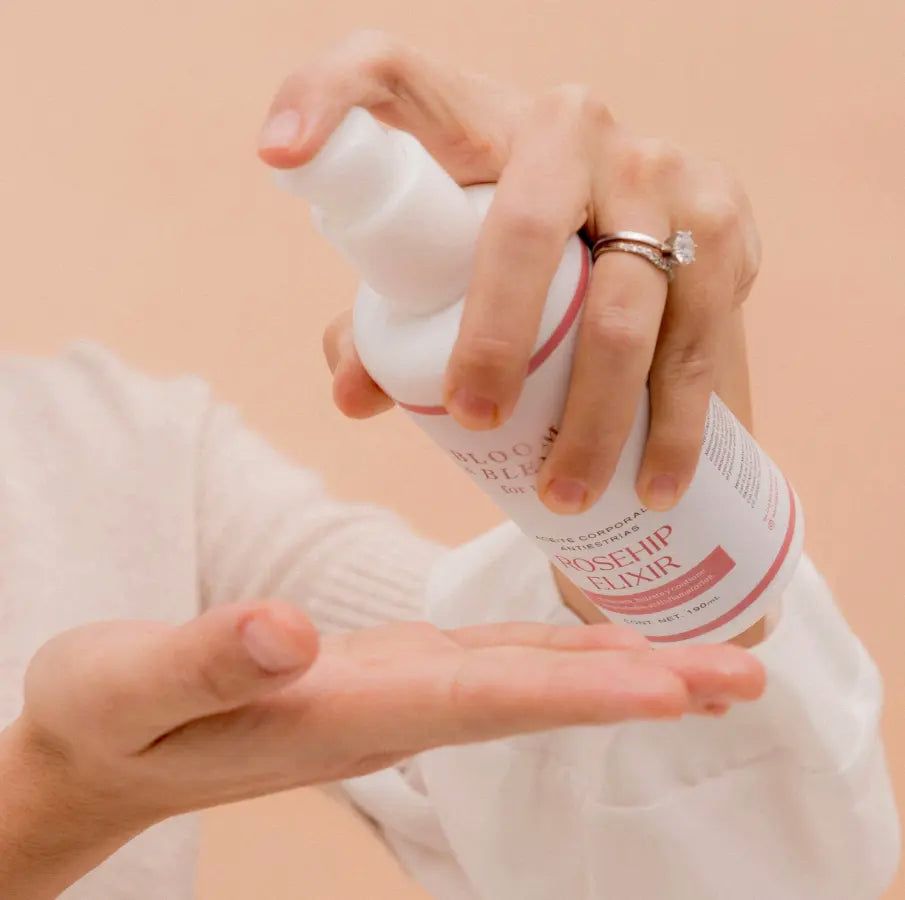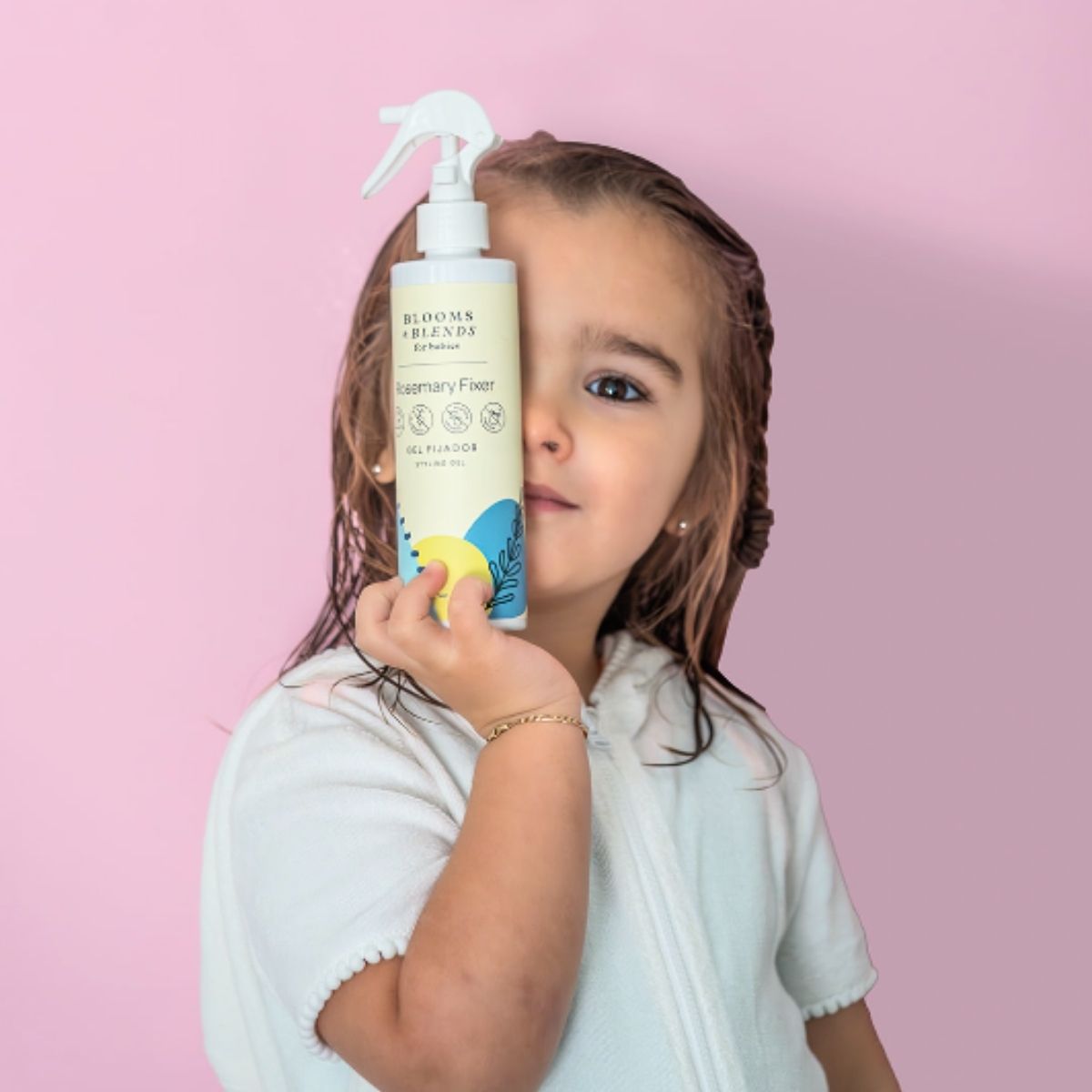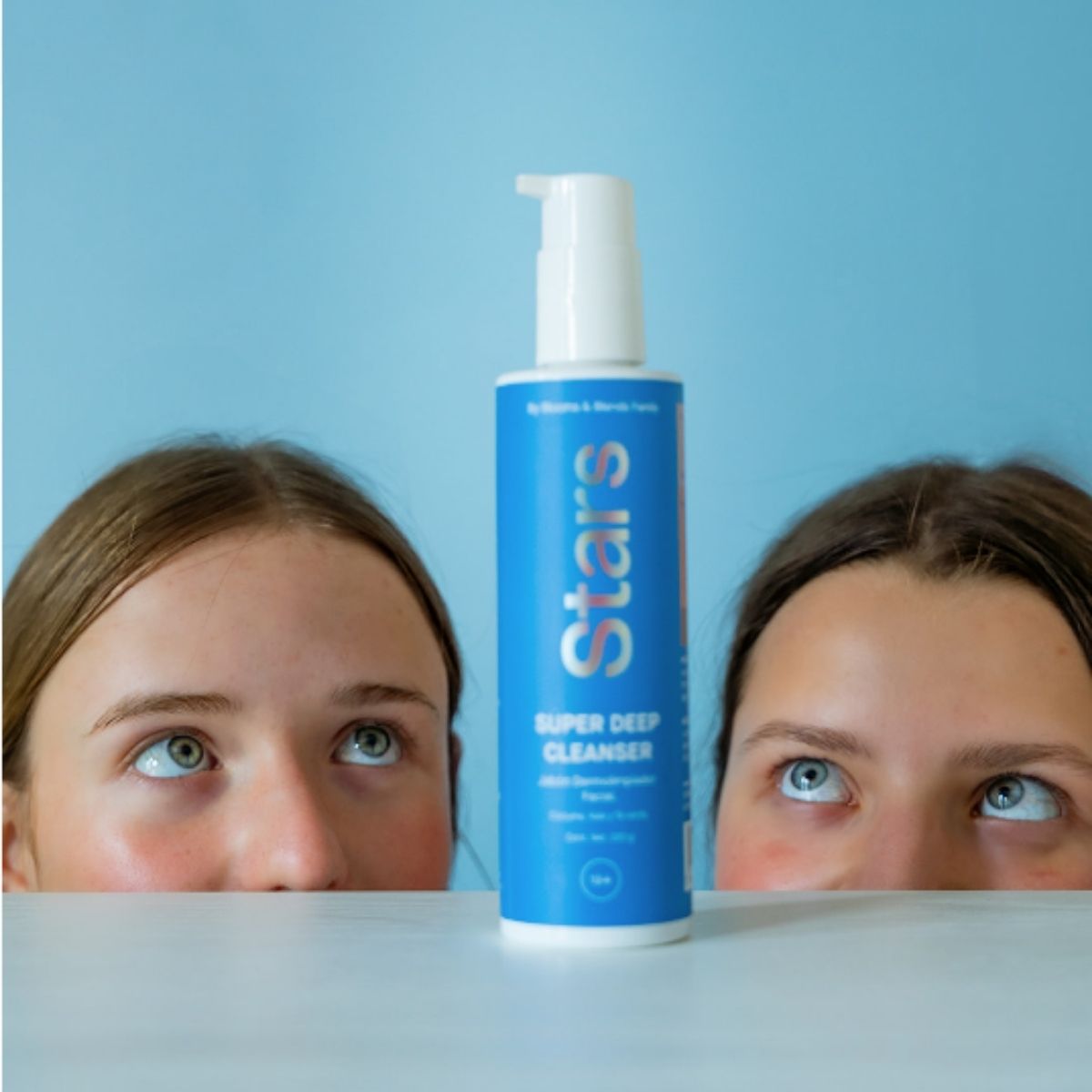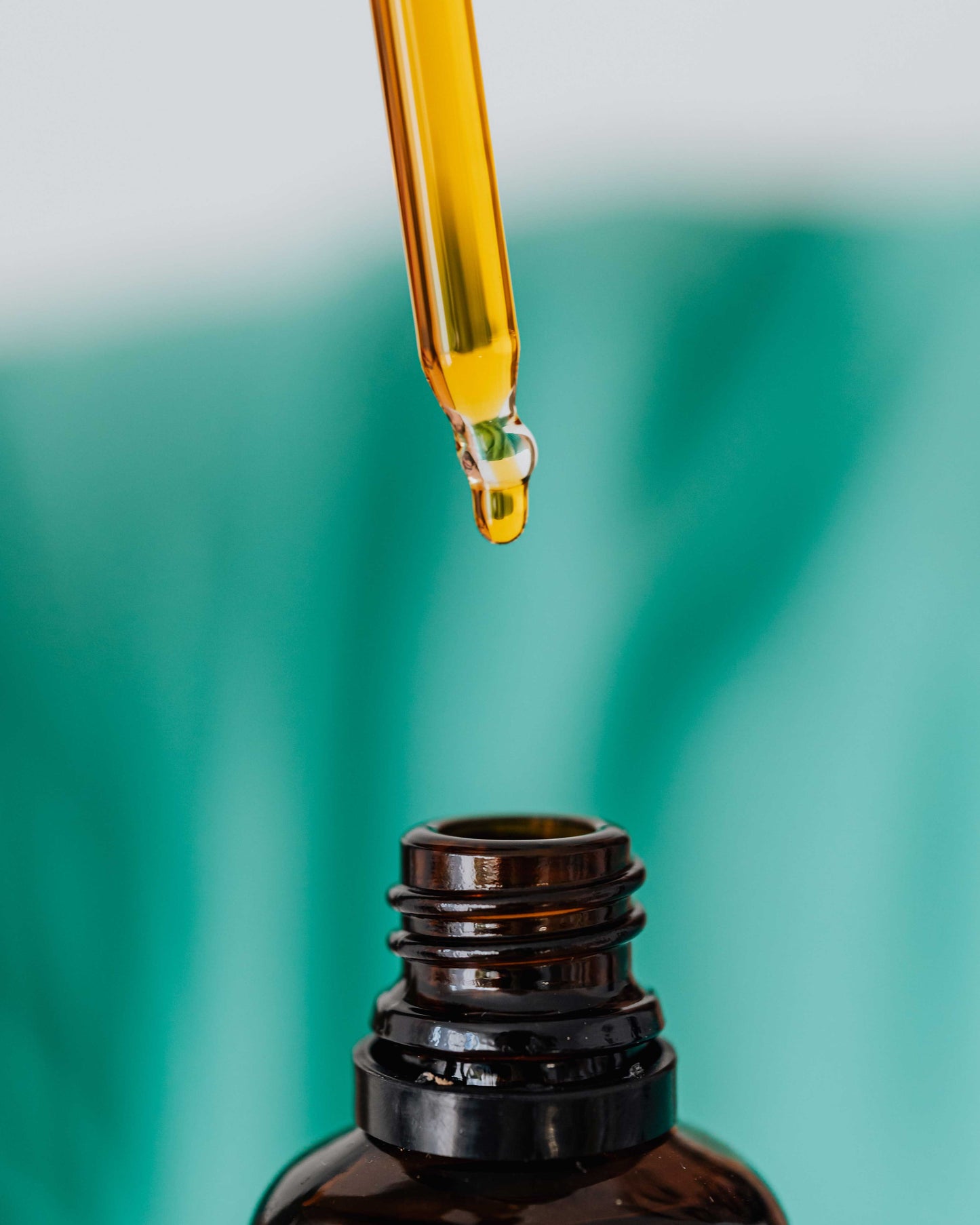
Let's face it, most of us weren't born with perfect skin. And to have beautiful skin, we need to protect, repair, and moisturize it. However, there are some magical ingredients that help protect , repair, and moisturize , but it seems everyone prefers to avoid them on their face: oils.
Oils have been used since ancient times to care for the skin. However, although they are generally known for moisturizing the skin, many of us are unaware of the potential benefits they offer. Many people think that using oils will cause more oil production on our face. However, you could say that using oils is a way of "fighting fire with fire," since instead of making your face look more oily, it keeps your skin hydrated, so it doesn't need to produce more sebum. For this and many other reasons, we are in love with them, and I know we can convince you to make them a must-have in your routine as well.
-
Jojoba Love – In addition to being an excellent moisturizer, jojoba oil is an antibacterial that helps control the growth of bacteria and fungi on the skin. It also serves as an antioxidant and anti-inflammatory since it's loaded with vitamin E. If you think this isn't enough, we can tell you that it helps heal wounds, soothe sunburns, minimizes the appearance of spots and wrinkles, and consequently, improves your appearance. Best of all, it's non-comedogenic, making it an ideal oil for people who suffer or have suffered from acne. What more could you ask for?
-
Coco Bliss – If you want something that provides incredible hydration and reduces inflammation on your face, coconut oil is for you. Besides removing your makeup, you can use a little under your eyes to hydrate and reduce inflammation on that sensitive skin. However, we don't recommend using it if you're very acne-prone, as it can clog your pores.
-
The Acne Whisperer – You've probably heard of tea tree oil for its many benefits on the body and for treating infections. However, it's mostly recognized for its effectiveness in killing bacteria and fighting acne. Some studies suggest that 5% tea tree oil is as effective as 5% benzoyl peroxide (a medication used to treat acne). Apply a little of this oil to the acne-affected area and, voila! Little by little, you'll see the redness, swelling, and scarring disappear.
-
Lovely Olive Oil – You can probably find some olive oil in your kitchen, and this is one of the most versatile oils. Not only can it be used to make delicious dressings, but it's also one of the most hydrating oils for dry skin, hair, and lips. Since it's packed with antioxidants, this oil has anti-aging effects while hydrating and softening your skin. You can also use it to remove your makeup, so go ahead and steal some oil from your kitchen and bring it to your vanity.

-
Grape is great – If you have naturally shiny skin, grape seed oil is for you. In addition to containing antioxidants, this oil helps regulate sebum production without dulling your skin. This extract has also been shown to reduce the symptoms of melasma and dark spots.
-
Rosehip Oil – As you've noticed, it seems that although all oils serve to moisturize, each one has a unique strength. In the case of rosehip oil, it is a powerful repairer and healer. It helps us regenerate tissue and fade scars caused by acne, blemishes, and stretch marks.

-
Moroccan Must – Although we generally associate argan oil with hair care, this powerful oil has countless benefits. Due to its antioxidants, this oil helps maintain youthful skin and protects against sun damage, preventing burns and hyperpigmentation. Like grapeseed oil, it helps hydrate the skin, helping to control the sebum the skin naturally produces. It also has antibacterial properties that protect against skin infections and is used to treat multiple skin conditions (such as psoriasis, dermatitis, and rosacea) due to its soothing and anti-inflammatory properties. As if that weren't enough, argan oil also helps prevent and reduce stretch marks, as well as promote faster wound healing. It has it all!

